Visual Melting Point Apparatus MR-VIS
The Labindia Visual Melting Point Apparatus ensures precise purity analysis for chemicals and pharmaceuticals. Equipped with advanced micro-controller temperature control, it delivers accurate, repeatable results with a state-of-the-art design. Ideal for quality control and assurance in analytical labs, it outperforms competitors in efficiency and reliability, providing seamless operation from raw material testing to final product analysis.
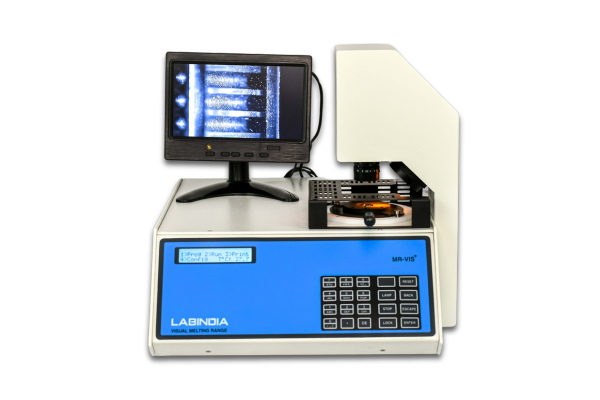
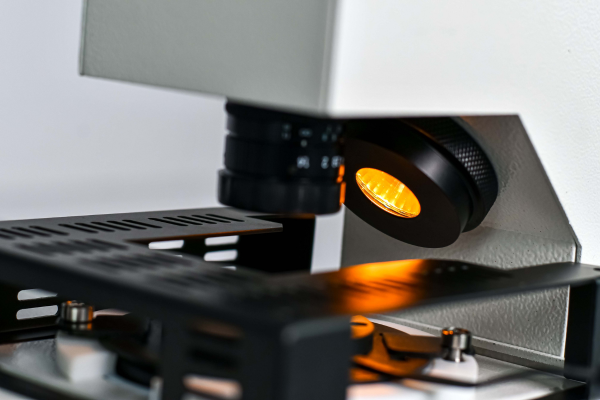
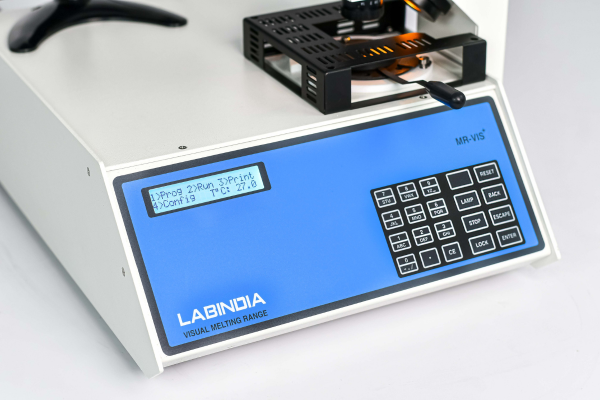
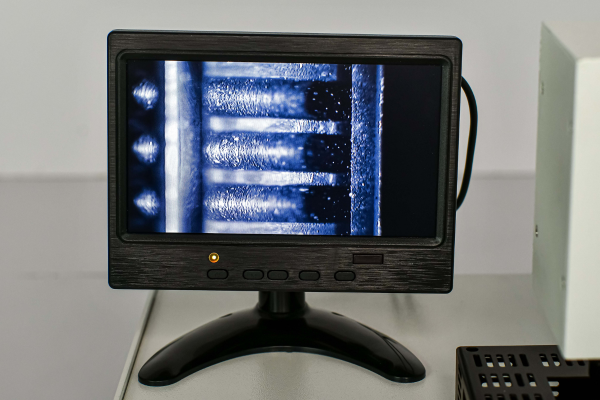
Visual Melting Point Apparatus MR-VIS
The Labindia Visual Melting Point Apparatus ensures precise purity analysis for chemicals and pharmaceuticals. Equipped with advanced micro-controller temperature control, it delivers accurate, repeatable results with a state-of-the-art design. Ideal for quality control and assurance in analytical labs, it outperforms competitors in efficiency and reliability, providing seamless operation from raw material testing to final product analysis.
USER-FRIENDLY INTERFACE
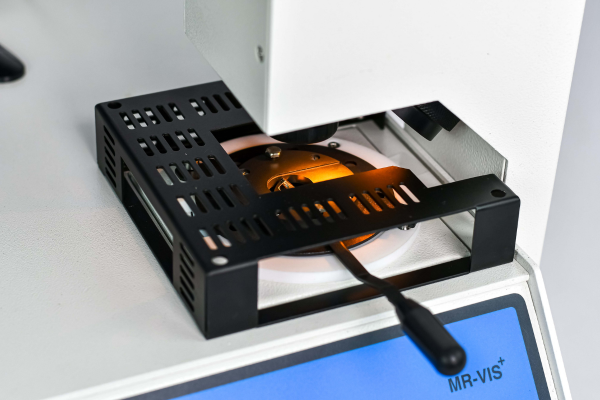
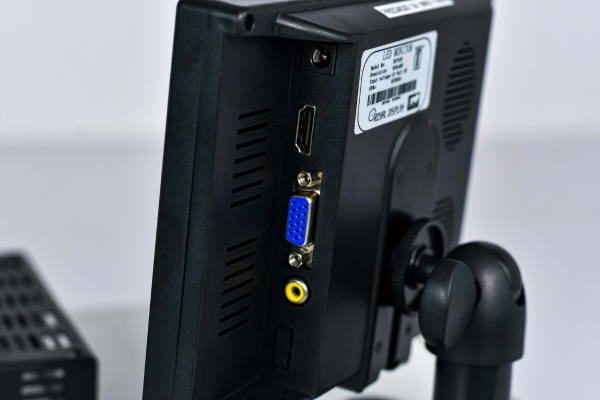
The Visual Melting Point Apparatus features an advanced microcontroller with a user-friendly design and splash-proof alphanumeric soft keys. It offers interactive software for easy operation and error protection, along with non-volatile memory for storing 100 methods. The system ensures GLP compliance with automatic calibration, real-time clock, and customizable report formats for seamless lab integration.
Key Features
With both AUTO and MANUAL detection modes, the apparatus uses a CCD camera for accurate melting range detection. It includes intelligent lamp intensity control, calibration data authentication, and printer compatibility. Optional features such as capillary conversion and USP compliance enhance flexibility for diverse lab applications.
PRECISION & VERSATILITY


